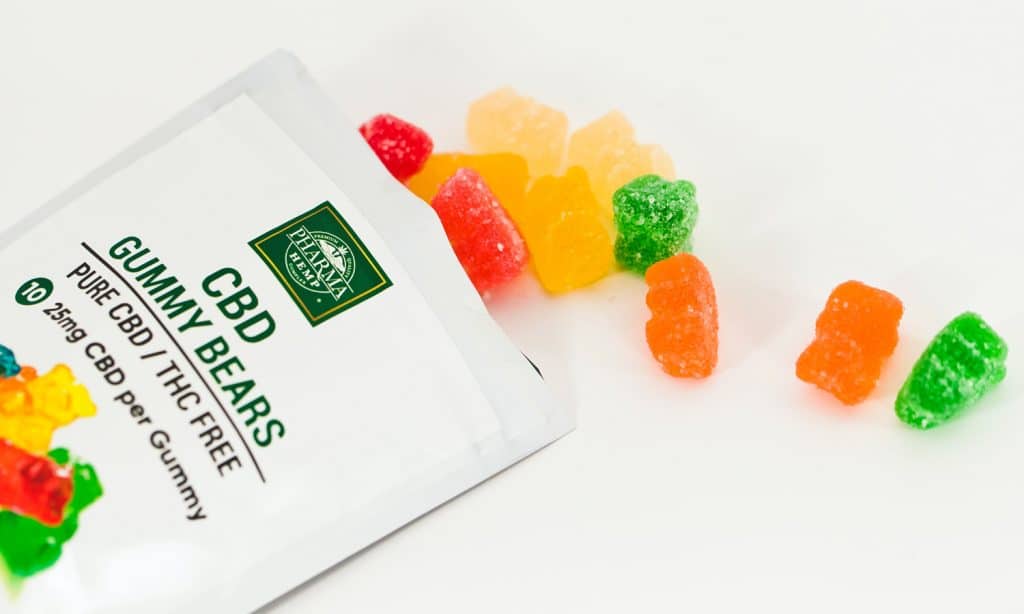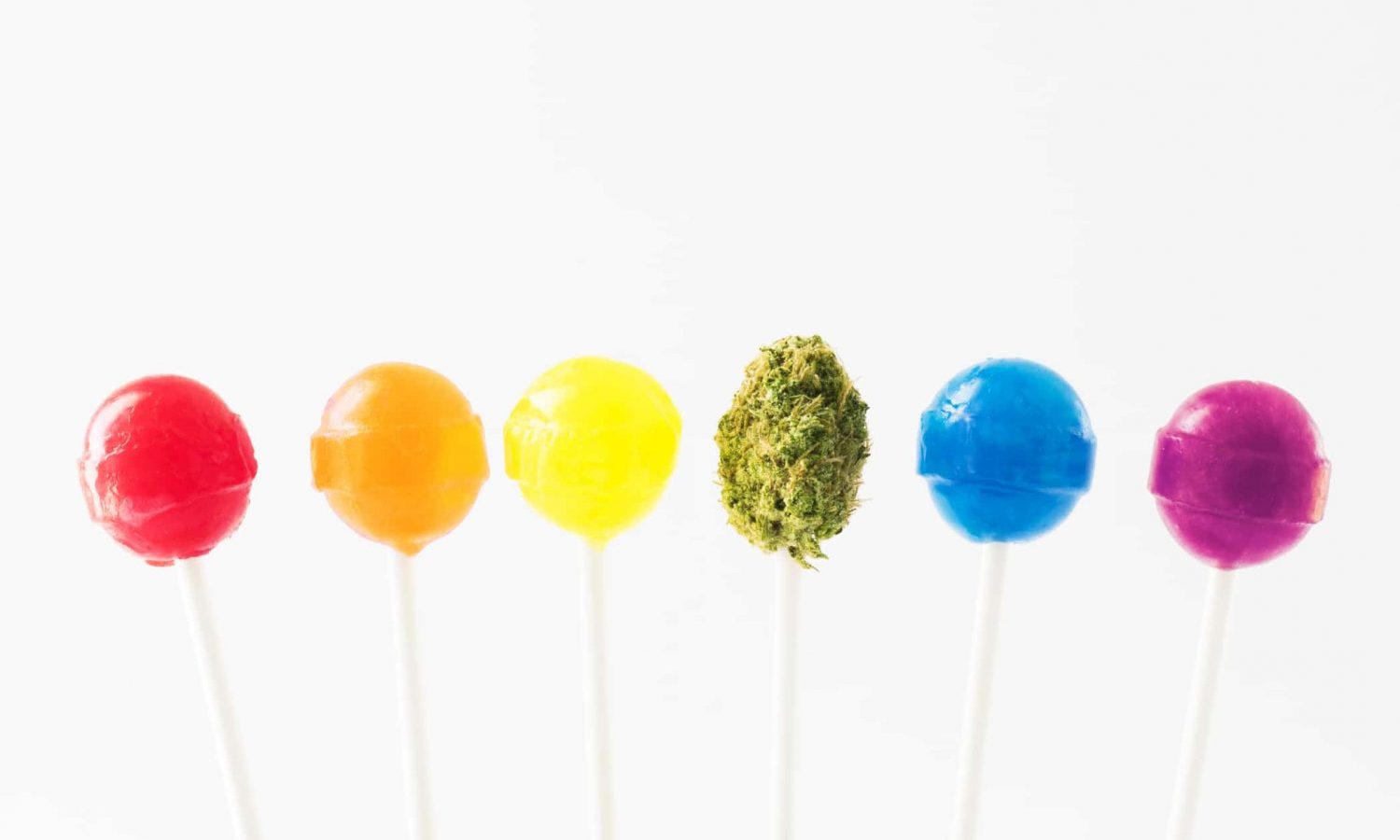A new analysis finds only 25% of products tested had CBD levels close to the amount advertised, with a whopping 75% of products off by anywhere from 11% to 177%.
With every passing day and every new bit of legislation passed, more products containing CBD hit the shelves. Word is out that cannabinoids have real and lasting benefits, particularly when it comes to troubleshooting some of the most persistent maladies plaguing consumers today, including anxiety, insomnia, and pain.
Word is also out that not all CBD products are created equal, and that the potency promised on packaging may not be an accurate reflection of the product within. According to the CBD Edibles Market Report (resulting from a collaboration between Leafreport and their partner lab Canalysis, this issue is particularly pronounced when it comes to edibles.
The report found that edibles, one of the fastest-growing categories in the CBD market, are harder to measure compared to tinctures, capsules, and other products. The reason given for this is that “CBD edibles are more difficult to formulate than CBD oil and contain much smaller amounts of CBD per piece, which means that variations of even a few milligrams can have a big effect.” “Big” is no exaggeration.
The analysis, which incorporated 40 products and 21 brands, found that 63% of products tested contained more CBD than stated on the label, with only 11 out of the 40 tested edible products containing CBD levels within 10% of the claimed amount. That’s only 27.5% of products that meet industry experts’ recommendation that cannabis products deviate no more than 10% from the label.

Indeed, only 25% of the products tested had CBD levels close to the amount advertised, with a whopping 75% of products off by anywhere from 11% to 177%. Third-party testing, which involves sending products to an independent lab to verify potency and safety, used to be considered a safeguard against such wild variability, but that does not appear to be the case in every instance.
One would expect that the brands with the highest accuracy rating would be from larger or more established companies, yet this, too, was not the case. Using an A through F rating system, with “A” representing products with CBD levels within 10% of what is stated on the label and “F” those products where CBD levels differed from the label by more than 30%, most A-rated brands were from relatively small or new companies (like Vermont’s VT CBD) while some of the more established (like American Shaman) received “F” ratings, and they weren’t alone. 30% of products tested received Leafreport’s worst rating.
RELATED: Gummy Products Are Changing The Way People Think About CBD
Although third-party testing did not prevent companies that used it from putting out products whose potency did not match the label, it was a consistent factor among those that scored well. Independent test results still matter, and the responsible consumer would do well to pay them heed.
RELATED: FTC Announces Crackdown On CBD
For those who don’t want to take the kind of gamble on the potency that edibles represent, Leafreport’s study concludes that CBD oil is the safer option to make sure you’re getting your money’s worth.
This article originally appeared on Green Market Report and has been reposted with permission.


